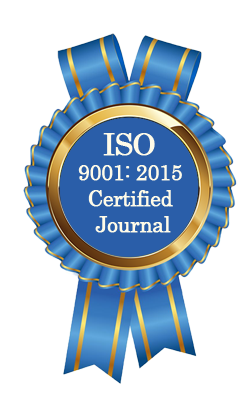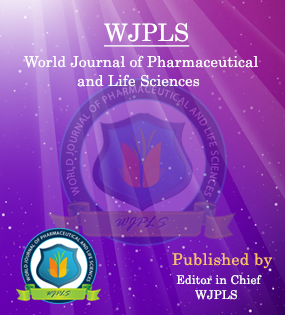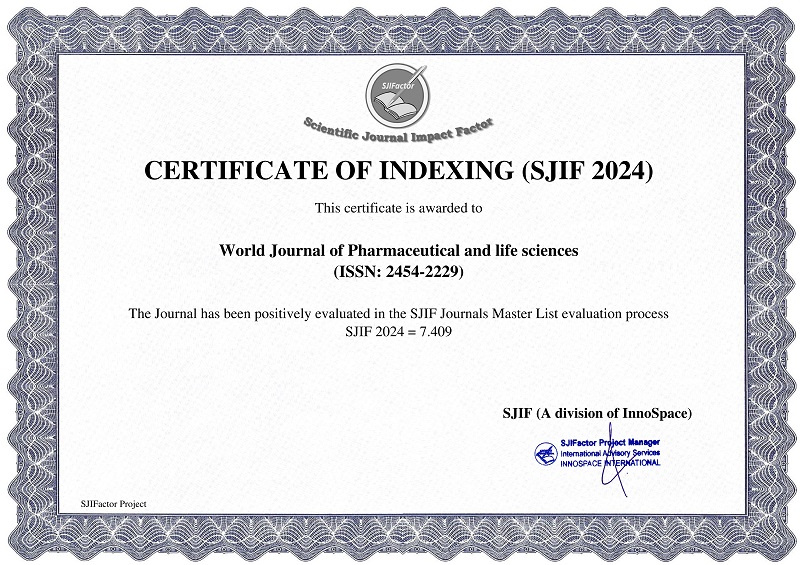Abstract
A STUDY TO ASSESS SELF EFFICACY FOR SOCIAL PARTICIPATION AMONG MENTALLY ILL PATIENTS IN SELECTED HOSPITALS AT BENGALURU”
Vinay K. P.* and Janardhana Swamy K. R.
ABSTRACT
Self-efficacy affects every area of human endeavor. By determining the beliefs, a person holds regarding his or her power to affect situations, it strongly influences both the power a person, actually has to face challenges competently and the choices a person is most likely to make. These effects are particularly apparent, and compelling, with regard to behaviors’ affecting health. People identified as having mental health problems are one of the most marginalized groups in society. Equal citizenship and active community participation remains highly desired but elusive goals. Stigma is a major barrier and people feel its sting in terms of lost relationships, opportunities denied or their own unwillingness to pursue life’s goals for fear of rejection or failure. Hence this study has been conducted to assess the self efficacy for social participation among mentally ill patients at selected hospital. Objectives of Study • To assess the self efficacy for social participation among mentally ill patients. • To find the association between self efficacy for social participation among mentally ill patients and selected personal variables Methods: The study involved non experimental approach, descriptive survey research design with purposive sampling technique. To collect the data from respondents, modified scale to assess self efficacy for social participation among mentally ill patients was used and administered to 60 mentally ill patients following inclusion and exclusion criteria. The tool consisted 39 items regarding assessment of self efficacy for social participation among mentally ill patients. The results were described by using descriptive and inferential statistics. Results: The study clearly showed that majority, 76.66% of respondents were having low self efficacy and remaining 23.33% were having moderate level of self efficacy for social participation. The mean score of participants was 90.13 with mean percentage 57.77% and standard deviation 10.1. With regard association between self efficacy for social participation among mentally ill patients and selected personal variables, there is a significant association between demographic variable such as age (?2 =17.26*), education (?2 =16.98*) type of family ((?2 =23.80*), employment (?2 =27.08*), duration of illness in years (?2 =14.29*), family history of illness(?2= 15.97*), monthly income of family in rupees (?2 =28.11*) treatment receiving (?2 =22.63*) at 5% level and there is no significant association between gender (?2= 0.30NS) marital status (?2 = 3.85 NS) , religion (?2= 0.017 NS) and diagnosis (?2 = 2.51 NS) with self efficacy for social participation among mentally ill patient. Interpretation and Conclusion: The overall findings of the study clearly showed that majority, 76.66% of respondents were having low self efficacy and remaining 23.33% were having moderate level of self efficacy for social participation, and personal variables like, age, education, type of family, employment, duration of illness, family history of mental illness monthly income of family and treatment receiving influences the self efficacy for social participation among mentally ill patient.
[Full Text Article] [Download Certificate]WJPLS CITATION 
| All | Since 2020 | |
| Citation | 590 | 424 |
| h-index | 12 | 10 |
| i10-index | 17 | 14 |
INDEXING
NEWS & UPDATION
BEST ARTICLE AWARDS
World Journal of Pharmaceutical and life sciences is giving Best Article Award in every Issue for Best Article and Issue Certificate of Appreciation to the Authors to promote research activity of scholar.
Best Article of current issue
Download Article : Click here





